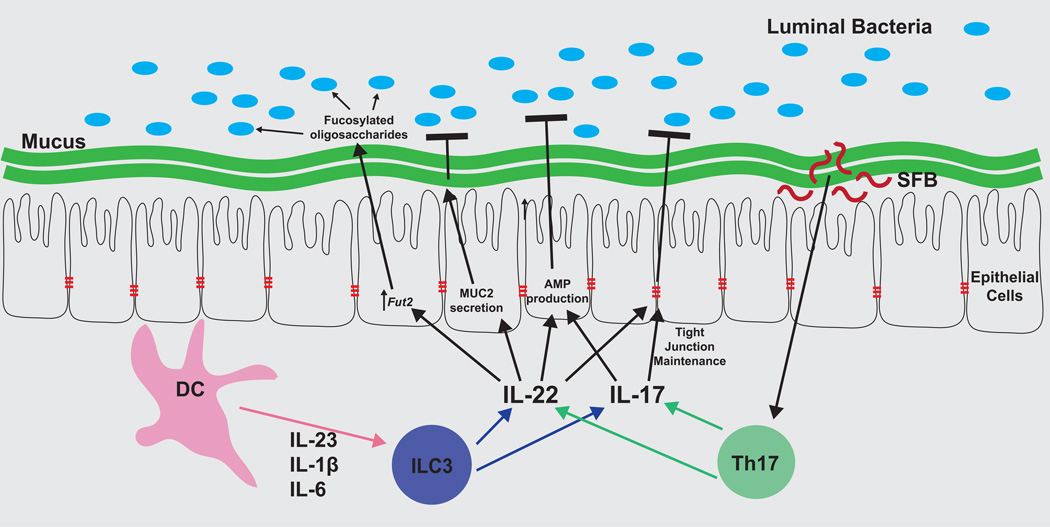Figure 1. Antigen-independent mammalian pathways regulate host-commensal bacteria symbiosis.
IL-22 is a master regulator of antigen-independent pathways that respond to and modulate the microbiota. IL-22 integrates multiple commensal bacteria-dependent signals, and coordinates diverse responses emanating from the intestinal epithelium. Dendritic cells sense commensal bacteria and release cytokines (IL-23 most notably, as well as IL-1β and IL-6) that stimulate IL-17 and IL-22 production by ILC3 cells. Th17 cells are also stimulated to produce IL-17 and IL-22 by inflammatory signals or, in the steady-state, segmented filamentous bacteria (SFB). IL-17 can induce AMP production and maintenance of epithelial tight junctions. IL-22 is sensed by intestinal epithelial cells, which respond by: secreting mucus to enforce a physical barrier between host and bacteria; maintaining tight junctions to prevent bacterial translocation into tissues; producing anti-microbial peptides (AMPs) that selectively target commensal bacteria; and producing highly fucosylated oligosaccharides, which provide metabolic benefits to specific subsets of commensal bacteria.

